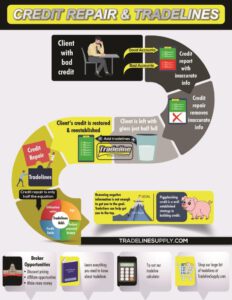Credit Restoration Legal
If you’ve been thinking of hiring a credit repair company to improve your credit history, it’s important to know that they can’t do anything legally for you that you can’t do on your own. Whether it’s disputing inaccurate information with the credit bureaus or working with creditors to get accurate negative items removed from your report, there are steps you can take that are both legal and effective.
It’s no secret that a poor credit score can make it hard to do many things in life. Having bad credit can prevent you from getting a mortgage or loan at a decent rate, from renting an apartment or even finding a job. It’s also difficult to obtain a new cell phone contract without a good credit score, and most employers check applicant’s credit before making hiring decisions.

Because of how Credit Restoration important it is to have a good credit report, a lot of companies are out there promising to help you repair yours for a fee. While it’s true that there are some companies that can assist with repairing your credit, most of them are scams. The federal government has laws in place that protect consumers from credit repair companies that do more harm than good.
Is Credit Restoration Legal?
The Federal Trade Commission is an independent agency that regulates the credit repair industry. Its main goal is to protect consumers from fraudulent and unfair business practices and stop them from engaging in anti-competitive behavior. It has the power to shut down credit repair companies that are violating these rules.
One of the main reasons for the creation of the FTC was to deal with credit repair companies that are committing fraud and deceiving their customers. There are a number of common scams that credit repair companies are involved in, including promoting inaccurate claims about the effectiveness of their services and attempting to trick their consumers into paying for services that they could do on their own. Other practices the Federal Trade Commission regulates include altering consumer’s identities, creating new identities and advising them to lie to the credit bureaus or creditors.
The Credit Repair Organizations Act (CROA) was passed to help regulate the credit repair industry after a high number of complaints from consumer watchdog groups. It defines what companies have a legal right to provide credit repair and outlines how they must do it. The law states that all credit repair organizations must include a disclosure in their advertising that advises consumers of their rights under state and federal regulations.
Credit repair companies must also comply with the Fair Credit Reporting Act, which guarantees that consumers have the right to dispute any errors on their credit reports. In addition, it outlines the process that the credit bureaus must follow when investigating a complaint. If a credit report is found to be inaccurate, the credit bureau must correct the error within 30 days of receiving the consumer’s request for correction.
In addition, the CROA prohibits credit repair companies from charging consumers for any service they haven’t already provided and from telling their clients to dispute all of their accounts. This is illegal because it can cause the credit reporting agencies to place your account on hold while they investigate all of your disputes.
